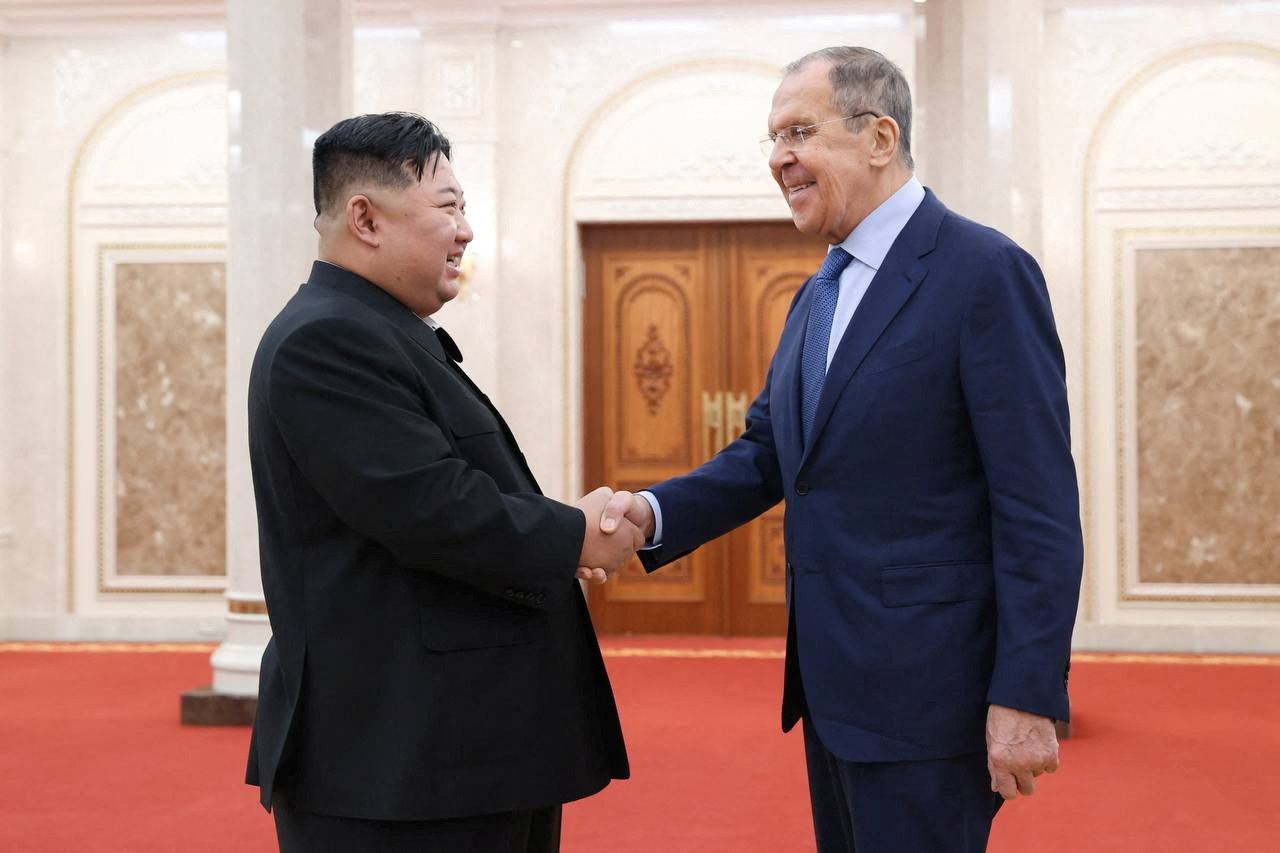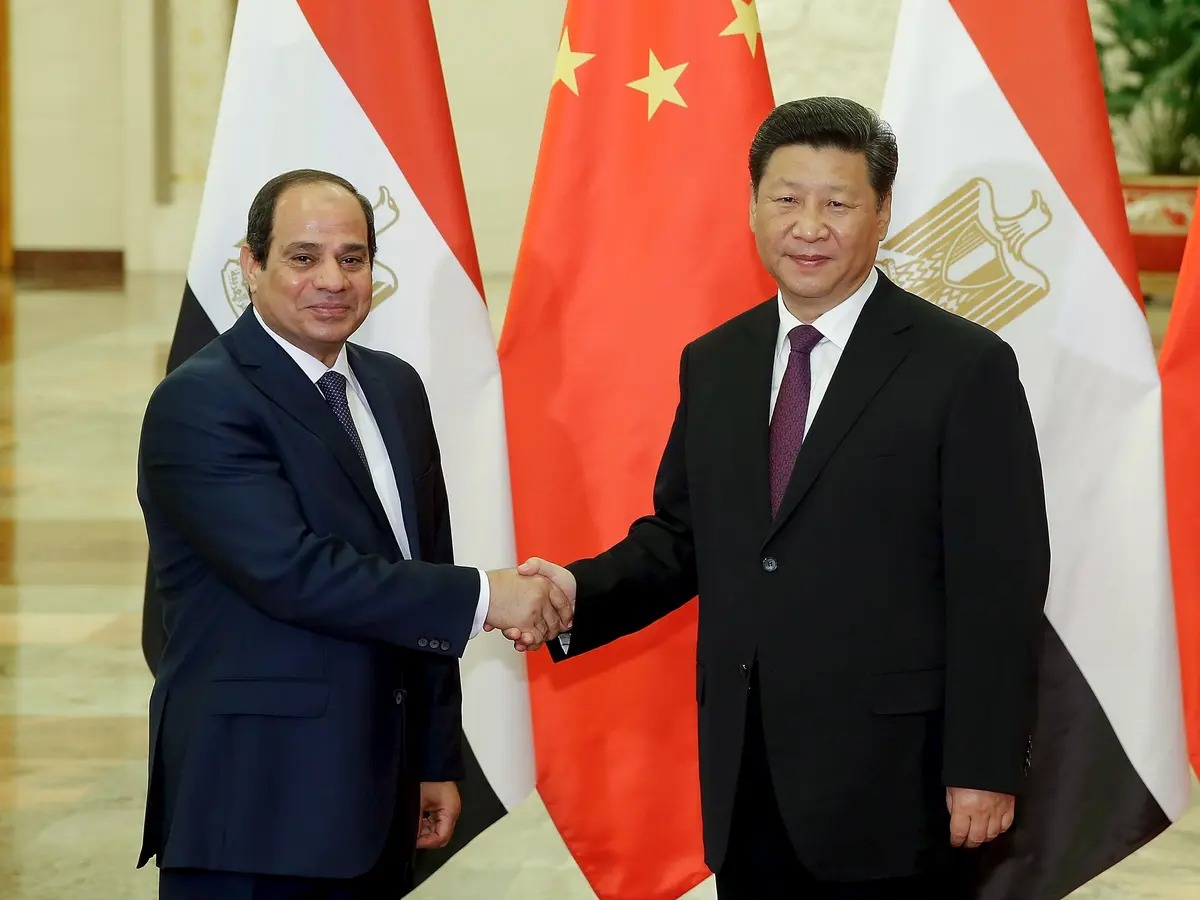In a significant diplomatic development, Russian Foreign Minister Sergei Lavrov embarked on a two-day official trip to North Korea, where he reaffirmed Moscow’s unwavering support for North Korean leader Kim Jong Un. This visit follows North Korean leader Kim Jong Un’s own historic trip to Russia in September, marking his first international visit since the onset of the pandemic. During his trip, Kim met with Russian President Vladimir Putin, laying the groundwork for enhanced military collaboration and bilateral ties between the two nations.
At an official reception during his visit, Minister Lavrov emphasized Russia’s “complete support” for Kim Jong Un, expressing solidarity with North Korea in the face of international challenges. Lavrov also took the opportunity to thank North Korea for its support in Ukraine, though specific details were not disclosed.
One of the key points of focus during Lavrov’s visit was the discussion of arrangements and agreements made during the meeting between Presidents Putin and Kim last month. While the precise nature of these arrangements remains confidential, they could potentially shape the future of Russo-North Korean relations and have implications for regional stability.
This high-profile diplomatic engagement comes in the wake of serious allegations by the United States regarding North Korean arms shipments to Russia for use in Ukraine. Washington claimed that large shipments of arms were being transferred from North Korea to Russia, and subsequently to Ukraine, in violation of United Nations resolutions. The U.S. also provided intelligence and evidence to substantiate these allegations. Satellite images showed the movement of 300 containers from the North Korean port of Nanjin to Dunay on Russia’s east coast, with subsequent transportation to a military warehouse near Tikhoretsk, located in proximity to the Ukrainian border.
The motivation behind this arms deal is rooted in the compatibility of North Korean arms with Russian weapon systems. Experts have pointed out that this makes North Korean arms an appealing choice for Moscow. However, it is crucial to acknowledge that such transactions could have far-reaching implications for the ongoing conflict in Ukraine and regional security dynamics.
North Korea has accumulated a substantial arsenal of arms, a consequence of its unresolved conflict with South Korea, a situation that continues to leave both nations technically at war. Meanwhile, international sanctions, along with pandemic-induced restrictions, have placed North Korea in a precarious economic state, characterized by shortages of essentials like food and medicine. Given these circumstances, it is plausible that Kim Jong Un may have sought humanitarian aid from Russia in exchange for arms during the reported September deal. However, North Korea’s limited resources could make it reluctant to part with a significant quantity of ammunition.
Over the last six months, both North Korea and Russia have expressed their intention to deepen their bilateral ties, a move driven by their growing isolation on the global stage. This evolving relationship has the potential to reshape the geopolitical landscape in Northeast Asia and beyond.
As Foreign Minister Lavrov’s visit continues, the world watches closely to understand the implications of Moscow’s unequivocal support for North Korea and the potential consequences of alleged arms transfers from Pyongyang. The situation underscores the importance of diplomatic engagement and international cooperation in a world grappling with complex challenges and geopolitical tensions.
















